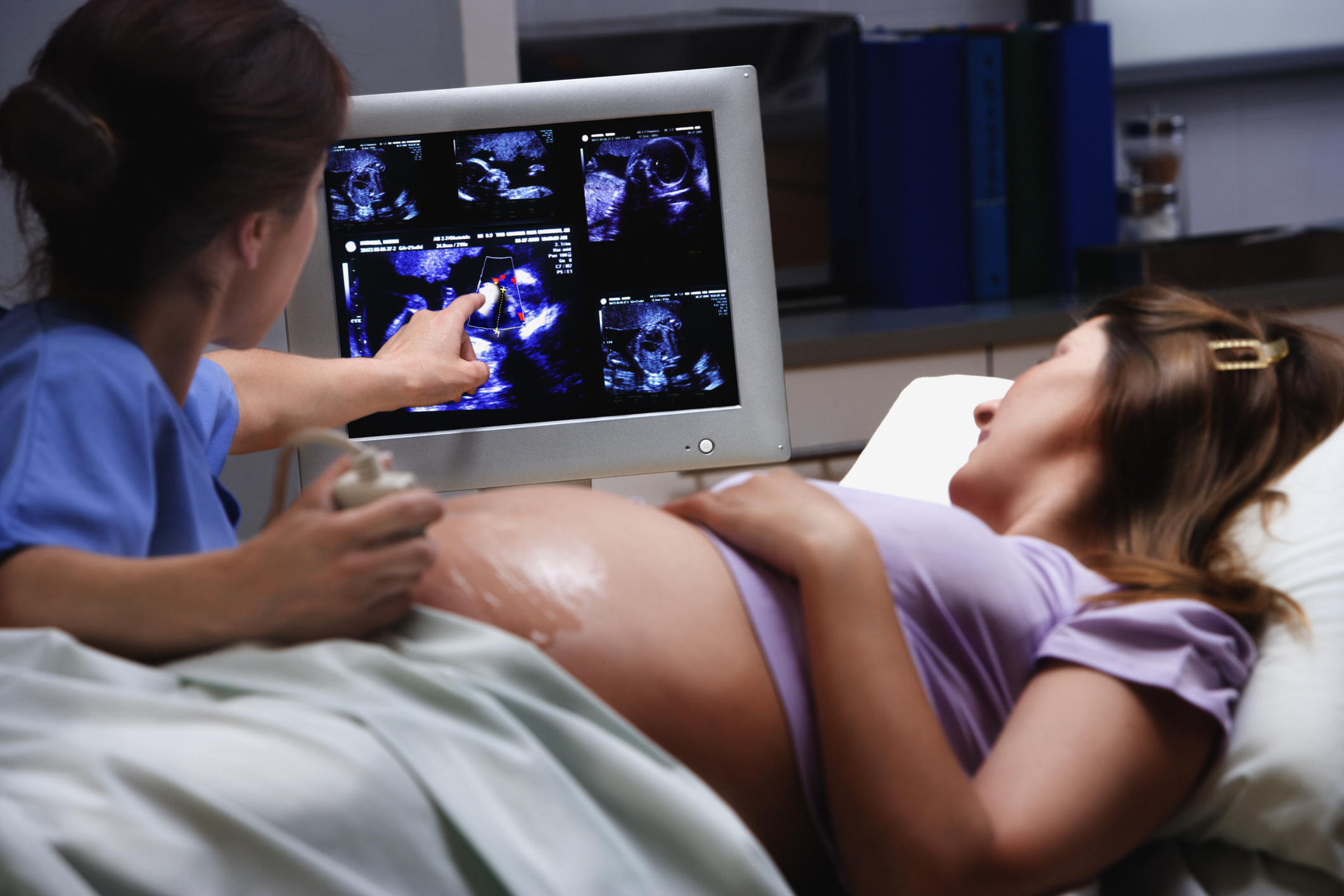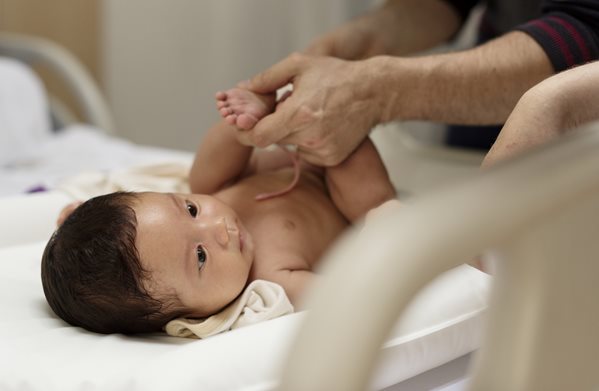The Society of Radiographers has welcomed the independent review of maternity services at Shrewsbury and Telford Hospital NHS Trust (SaTH) and calls for sonographers and radiographers to be integral to perinatal teams.
The review, led by midwife Donna Ockendon, highlighted many factors affecting the care of women and pregnant people. Learning from errors, untoward incidents and maternal or parental, foetal or neonatal death was inadequate and communication with families was lacking. The team identified “many instances” where foetal growth restriction went undetected because of errors or omissions in symphysis fundal height measurements or lack of referral for ultrasound scans when clinically required.
Perinatal staff were encouraged to input into the review, however some withdrew their responses for ‘fear of being identified’. The SoR strongly supports a culture where staff are able to voice their concerns, discuss system failings or poor practice without prejudice.
The report highlights that maternity teams along with other NHS staff are ‘exhausted’ and that staffing levels were ‘suboptimal’ within the perinatal unit. Fifteen ‘immediate and essential actions’ have been suggested for implementation across all NHS perinatal services in England. These include workforce planning underpinned by appropriate funding, multi-disciplinary learning, clinical governance and specific clinical recommendations to reduce disparity of care and improve outcomes.
Appropriate and integrated team working across antenatal and postnatal care was a key focus of the report, this requires a culture change within the service to improve care and pregnancy outcomes. The SoR met with other professional bodies, including the Royal College of Midwives and Royal College of Obstetricians and Gynaecologists to discuss the initial findings of the report and how best the various organisations can work together to support service improvements for parents and working conditions for the multi-professional teams. The need to ensure that sonographers, and where relevant radiographers involved in neonatal care, are fully assimilated into the maternity teams was highlighted to improve integration, understanding of the different roles and input into quality management and audit of care. Timely communication with the SoR and obstetric ultrasound managers should be integral to any information dissemination from central and regional perinatal teams.
The sonography workforce should be included in workforce planning and sustainability plans, particularly given the shortage of sonographers. The need to develop obstetric ultrasound as an attractive career option with opportunities for career progression were highlighted, along with the need for appropriate safe staffing to enable ultrasound lists to meet national guidance for appointment times (FASP, SoR, BMUS).
Sonographers should be an integral part of the complex care team. The report stated that ‘Trusts must have in place specialist antenatal clinics dedicated to accommodate women with multifetal pregnancies. They must have a dedicated consultant and specialist midwifery staffing.’ NICE (2019, 1.3.1) expect sonographers to be part of the specialist team within their pathway for multiple pregnancies ‘a core team of named specialist obstetricians, specialist midwives and sonographers, all of whom have experience and knowledge of managing twin and triplet pregnancies’
The report emphasises the need to implement Saving Babies Lives Care Bundle v2 to reduce preterm birth. This was originally implemented without consideration of sonographer capacity, training for uterine artery Doppler and cervical length assessment or funding for the additional time required to undertake these examinations, including additional transducer decontamination. The SoR expressed a need for any future changes that affect the ultrasound workforce to be fully costed, funded and have appropriate staffing in place. Planning to ensure training can be implemented and achieved within the timescale is essential along with consideration of training models, resources and capacity.
The SoR appreciates the hard work and dedication of members working in perinatal care. We will continue to work with stakeholders to support the on-going improvements to ensure safe care for all.
The Independent Review of Maternity Services at Shrewsbury and Telford Hospital NHS Trust is available at: www.ockendenmaternityreview.org.uk
Related News
 Obstetrics and Gynaecology
Obstetrics and GynaecologyMaternity services rated good at two trusts
CQC inspections undertaken as part of national maternity programme
 Obstetrics and Gynaecology
Obstetrics and GynaecologyNHS England pauses plans for gender inclusive training in maternity
SoR concerned as sonographers, radiographers, and service users impacted by decision
